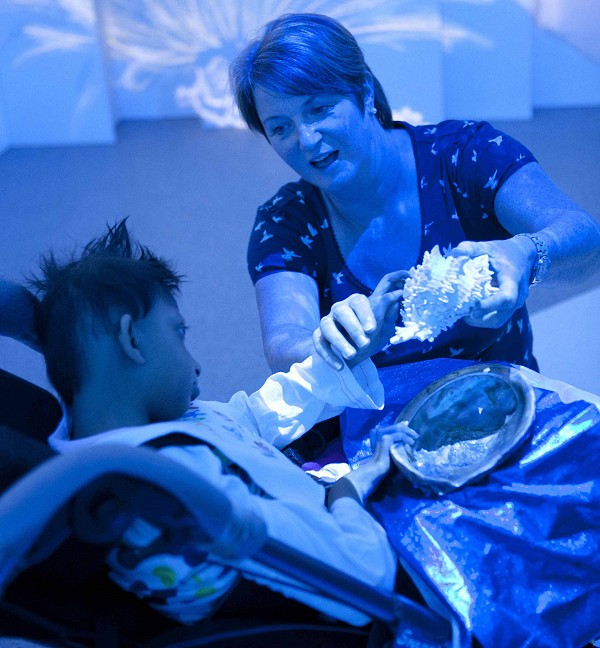Sensory Needs
We try to ensure that we understand each of our learners sensory difficulties and strive to find ways that they can develop and make use of their senses, as well as supporting those with sensory processing difficulties which provide a challenge, for example for learners on the autism spectrum.
Find out here how we approach supporting our learners in this area.
Visual Impairments
Learners with VI have access to our own in-house Qualified Teacher for the Visually Impaired (QTVI).
We are very fortunate to be able to address learners specific vision requirements with our QTVI being able to assess and then offer advice on strategies to support the learners indivdual needs.
The QTVI is also able to train staff and parents to support their child’s VI needs.
Learners with VI may benefit from support to access learning using their senses, as well technology to support their vision - depending on the nature of their impairment.
Learners with VI will also benefit from mobility training, including use of a cane, to help them to develop their independenace and work towards enabling them to move around familiar environments safely, both inside and outside of school.
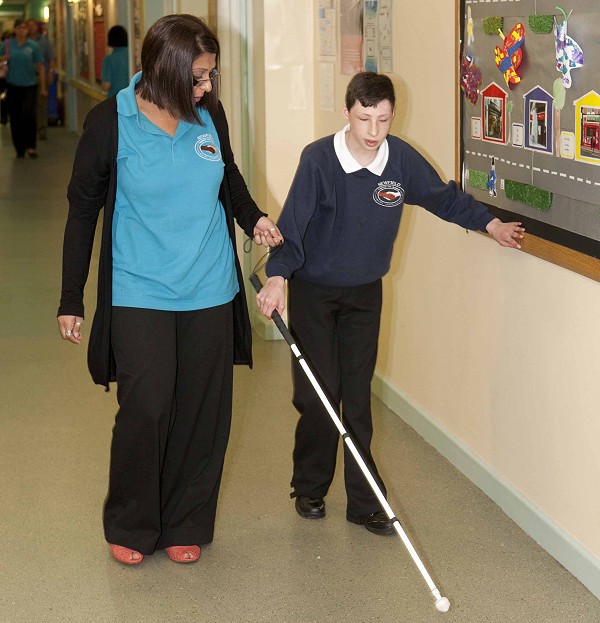
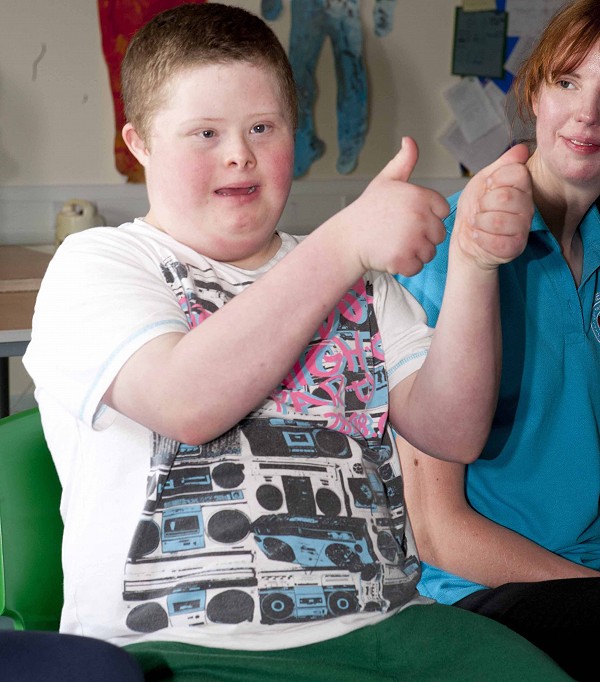
Hearing Impairments
Learners with Hearing Impairments - HI - have access to the Teacher for HI from the local authority team.
The HI Teacher regulalry visits school to offer advice and strategies to staff to support learners with HI. Learners with HI benefit from a sound system in school that works in conjuntion with hearing aids, to amplify and improve what the learner can hear - dependent of course on individual need.
Newfield uses Makaton signing to support learners with HI to understand and be part of the world around them.
Sensory Processing Difficulties
Many of our children experience difficulty in processing sensory information, this is particulalry common for people on the autism spectrum.
At Newfield much of the environment is designed to reduce sensory input that our learners may find unpleasant or distracting. We also make sure our staff have training to understand the impact sensory differences may have on learners with autism.
Learners with autism may respond to sights, sounds, smells, tastes and textures in unusual ways.
Some people find certain noises or tastes very unpleasant and take measures to avoid them, like covering their ears or only eating a limited range of foods.
Other learners may seek out various sensory sensations because they find them pleasurable for example, making a lot of noise or eating inedible items because they have a very crunchy texture!
This video shows how sensory experience may feel to someone with difficulty in processing sensory information, for example someon with autism:
Autism and Sensory Sensitivity
Our Senses
Most people are very familiar with the five senses:
- Sight
- Smell
- Hearing
- Taste
- Touch
We also consider whether learners have sensory needs in relation to their vestibular or proprioceptive senses:
Vestibular – the sense related to processing movement and balance proprioception – the sense related to processing the sense of self in space, it is how the brain understands the position of the body in relation to itself, it’s surroundings and other objects.
Many of the learners at Newfield have a sensory assessment to help gain a full picture of how their sensory needs affects them. It is then possible to create a specific routine within their timetable to address the sensory needs.
Some of the strategies that may be used include the use of chewy tubes for those seeking oral-motor sensation or move and sit cushions for vestibular seeking learners.
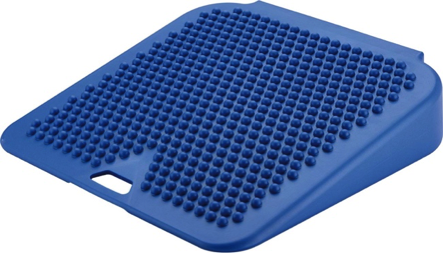
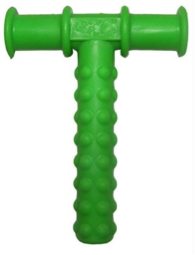
Sometimes learners benefit from accessing our specialist equipment to gain the sensory input beneficial to them.
We also have 2 immersive sensory studios which enable learners to experience sights, sounds and even smells associated with different places, for example, a forest.
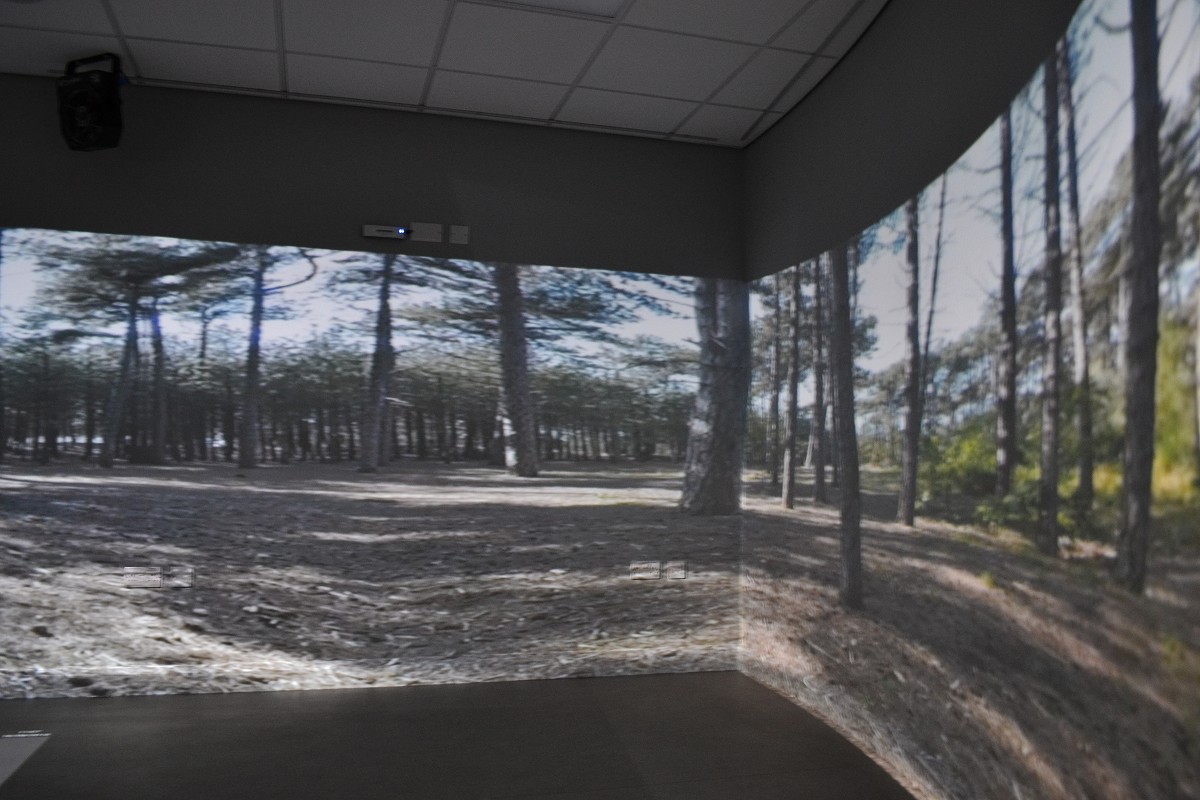
By assessing and addressing the sensory needs of pupils at Newfield School we are aiming:
- To recognise that sensory needs exist in pupils via a process of observation and assessment
- To reduce the impact sensory need driven behaviour if it is detrimental to the learner
- To enhance attention and concentration of pupils through providing structured opportunities to access sensory need and low distraction environments where needed.
- To reduce barriers to learning which are created by pervasive sensory needs
- To provide enhanced opportunities for communication and interaction
- To increase emotional well being of pupils
- To be part of a whole school approach to health and fitness.
Although each learners individual sensory profile is assessed and supported, Newfield School does not offer Sensory Integration Therapy.
Sensory Integration Therapy (SIT) can only be offered by a therapist who has undertaken post graduate training in sensory integration therapy.
Newfield School works with a sensory integration trained therapist on a consultancy basis to identify and advise on strategies to address pupils’ sensory.
Sensory Exploration
Some of our learners are at a very early stage of developing their senses and learning how to use them effectively.
Much of the learning that takes place for these children is based around a sensory approach which encourages and facilitates them using their senses, this is detailed more within our pre-foraml curriculum.
Using sight, sound, touch, taste and smell these learners develop an understanding of their world and begin to be able to show preferences.
